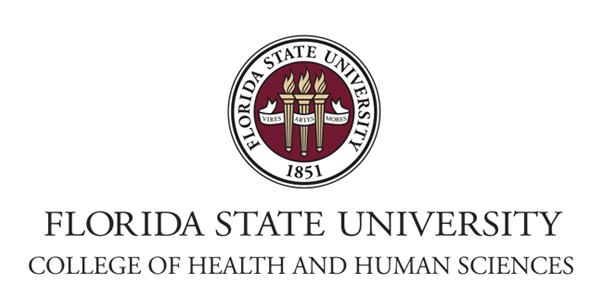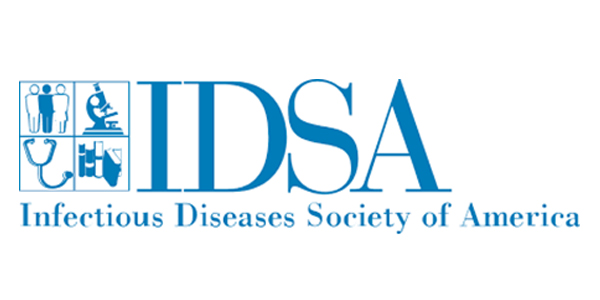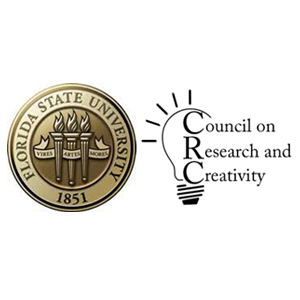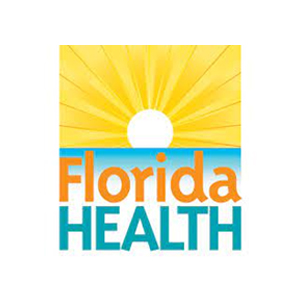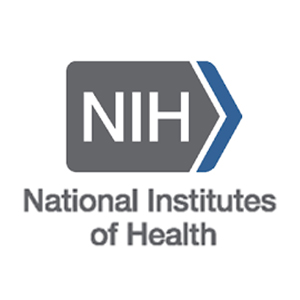Welcome to THE GUT BIOME Lab!
The Gut Biome Lab (aka, the RAVI LAB) housed in the Department of Health, Nutrition, and Food Sciences at the Florida State University in the glorious capital city of Tallahassee, Florida.
OUR RESEARCH
We are interested in understanding the mechanisms and dynamics of host-diet-microbe interactions and how these interactions influence our health. We utilize and integrate nutrition, microbiology, molecular biology, in-vitro systems, in-vivo models, metagenomics, bioinformatics, and machine-learning approaches to address, investigate and understand these interfaces.
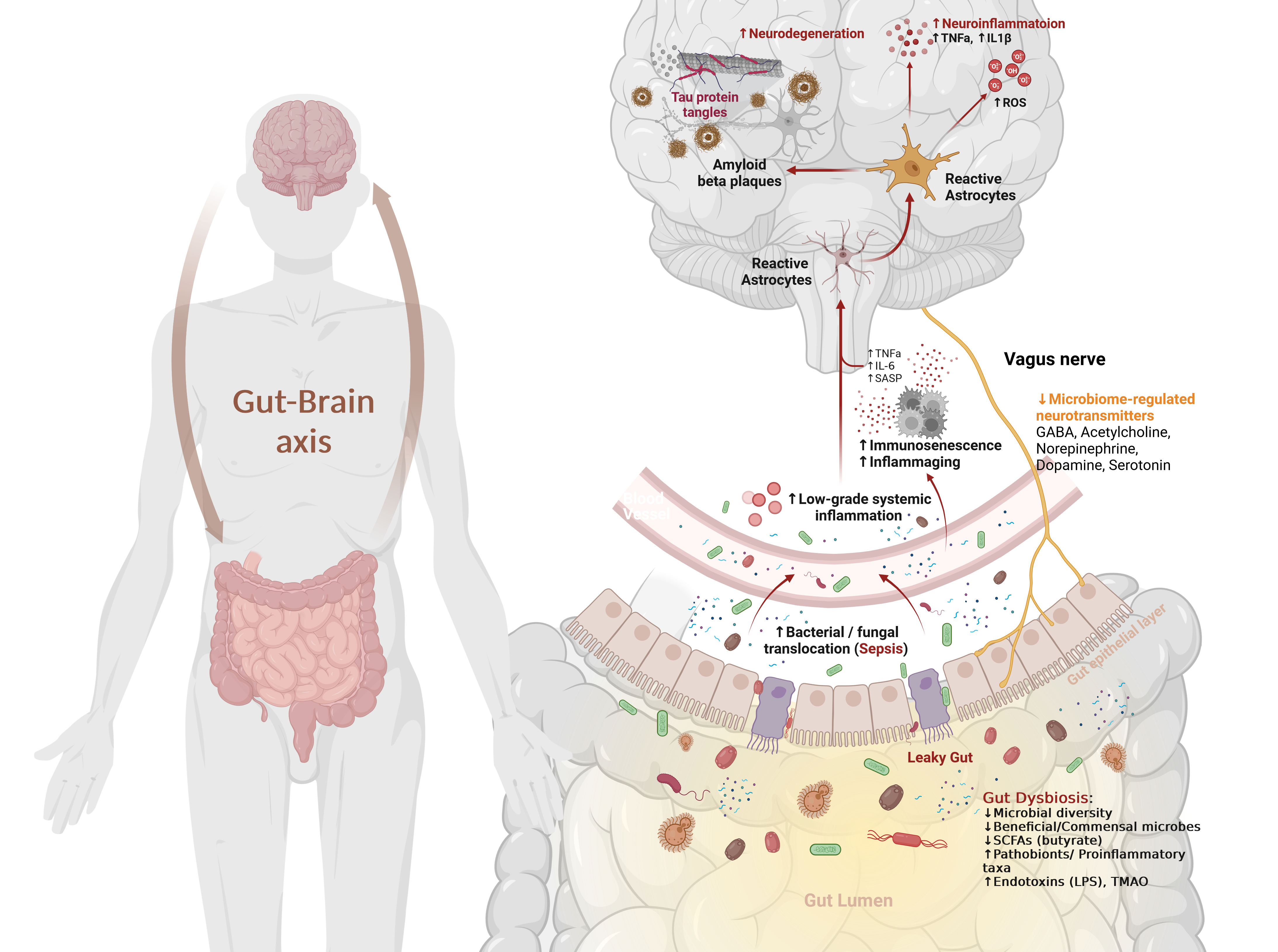
Outline
Our state-of-the-art laboratory specializes in executing and integrating in-vitro, in-vivo, preclinical and clinical experiments and datasets with computational biology, bioinformatics and machine-learning analyses to advance multi-dynamic and mechanistic understanding of the intricate interactions between our diet and gut microbes and how this diet-biome interface plays a role in our health and disease. Through the use of high-throughput bacterial (and fungal) metagenomic sequencing, microbiome-derived metabolomics, and bioinformatics tools, we aim to understand the overarching roles and dynamics of diet-microbiome interplay and how we can harness this knowledge to discover novel targets and therapies that can help improve human health and disease.
Our Main Research field
Nutrition and Microbiome
Related Research Areas
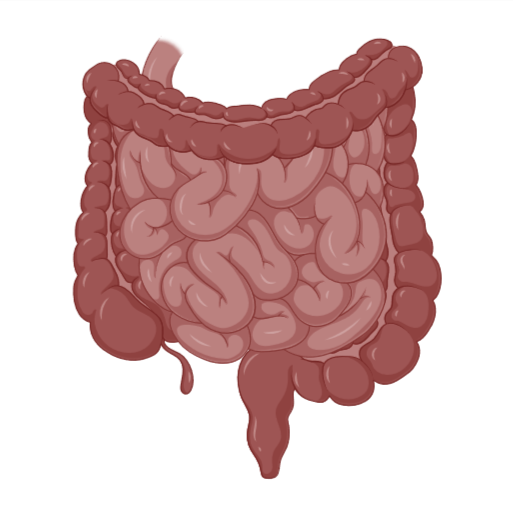
Gut Health

Diet-Microbe Interaction
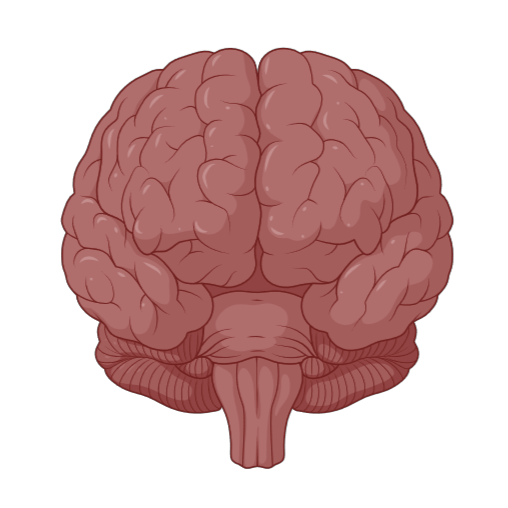
Nutritional Neuroscience
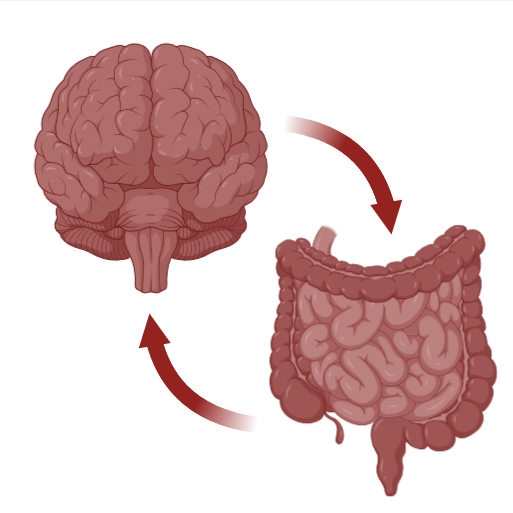
Gut-Brain Connection
Our Research Projects
“REMIND” - Role of Enteric Microbial Infections in Neurodegenerative Disorders
Emerging evidence shows that the microbes dwelling in our gut influence and regulate our brain health via the gut-brain axis. While a balanced gut biome (eubiosis) is crucial for normal regulation and functioning of the gut-brain axis, an abnormal gut biome array (dysbiosis) may instigate neuroinflammation and neurocognitive impairment. For instance, recent studies by us and others have found dysbiotic gut biome signatures in patients with neurodegenerative disorders including mild cognitive impairment, Alzheimer's disease and related dementia, hinting that these signatures might be a pathological element triggering the neuropathology of these disorders. Our REMIND project aims to discover specific gut microbes that are causatively involved in the neuropathogenesis of these disorders and to decipher the mechanisms underlying this gut-biome-brain interplay.
Prebiotic Mechanisms of Dietary Fiber & Starches in Gut Health
Recent studies have highlighted the association of prudent dietary patterns rich in complex dietary fiber with healthier lifespan and lower incidence of aging-associated metabolic, immune and neurocognitive disorders. Dietary fibers are exclusively fermented by our gut microbes, a process that generates short-chain fatty acids and other beneficial metabolites and neurotransmitters which impart a wide array of benefits to our intestinal, immune-metabolic and neurological health. However, the effects of fiber may vary based on their sources, chemical structure, fermentability, and host gut biome fingerprint. Our these studies aim to shed light on how our gut biome respond to and metabolize different types of dietary fibers (e.g., plant-based fiber, resistant starches from dietary beans and pulses) and how these distinct arrays of fiber-biome interactions influence our gut and overall health.
“I-CHANGE” - Improving Cognitive Health and Aging through Nutrition and Gut Elevation
As we grow thru different stages of our lifespan, our gut biome also evolves and ages with us. Our gut biome is most diverse, stable and resilient during young age. But as we get older, our gut biome also undergoes senescence and becomes less diverse and resilient thereby making us predisposed to intestinal ailments. Furthermore, this aging biome may also increase our vulnerability to neurocognitive disorders due to dysregulated gut-brain communication. Studies by us and others show that specific prudent dietary patterns may prevent and/or reduce the magnitude of this gut-brain impairment by fostering and nurturing a diverse and robust gut biome profile. Our I-CHANGE projects aims to discover and test (in preclinical and clinical settings) such dietary patterns that may prevent or ameliorate aging-associated neurocognitive decline via maintaining a healthier gut biome.
Diet-Biome Interactions in Intestinal and Cardiometabolic Health
In line with the famous quote “We are what we eat”, we believe that “we are what our gut bugs eat”. Indeed, diet is fundamental to our health and wellbeing and different nutritional/dietary constituents (macro and micronutrients: e.g., carbs, fiber, fatty acids, amino acids, vitamins, minerals, phytochemicals, polyphenols) have unique or overlapping mechanisms underlying their effects on our health. One of the prominent mechanisms via which our diet influences and regulates our metabolic, immune and neurological health is via modulating the composition and function of our gut microbiome. But the mechanisms conferring these effects are only beginning to be understood. Along these lines, our lab is involved in examining how different dietary elements such as fiber, beans, snacks, almonds, omega-3 fatty acids, and polyphenols modulate the gut biome and how this diet-biome interaction play a role in host gut, metabolic and brain health.
“DOHaDiome” - Developmental Origins of Health and Disease via Microbiome
Our gut microflora develops as early at the time of birth, or perhaps even before birth i.e., in-utero. An abnormal early-life gut biome development due to C-section, premature birth, lack of breast-feeding, antibiotics, etc. can predispose the baby to various disorders such as obesity, type-2 diabetes, and allergy/atopic diseases. Maternal lifestyle and health, particularly during gestation and nursing, also impact offspring’s gut flora and long-term health. While maternal intake of a prudent dietary pattern is critical for healthier neonatal development, an imprudent or deficient diet during gestation and nursing may predispose the newborn to specific health impairments. Our this project aims to investigate how specific maternal dietary elements influence the neonatal gut biome and how this early-life microflora regulates the newborn’s metabolic and neurological health over the long-term.
Research Support
